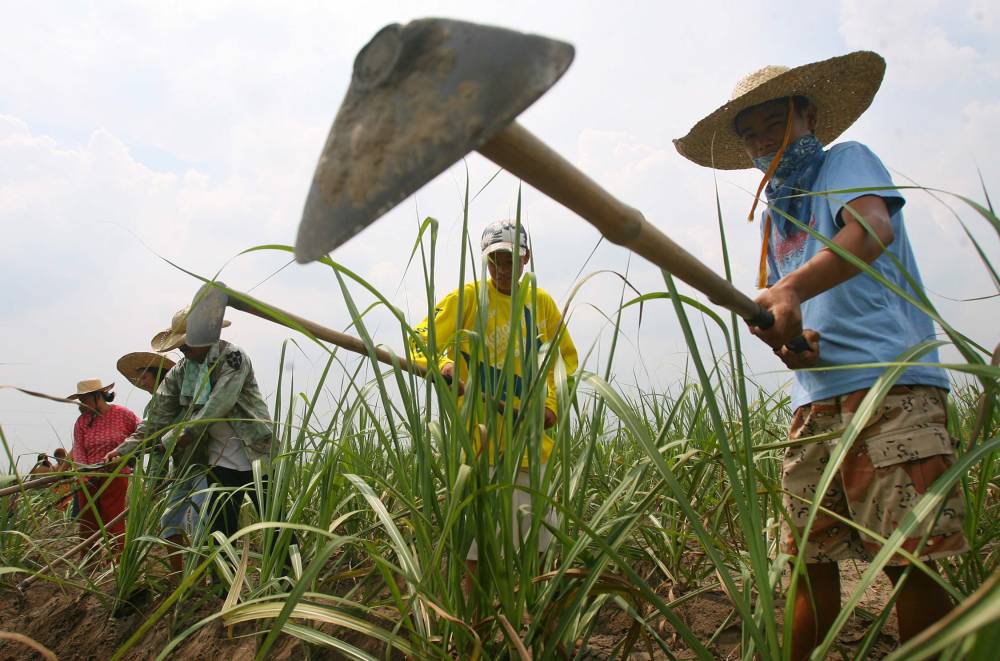Government allows advance sugar reserves refining

The Sugar Regulatory Administration (SRA) is allowing the refining of raw sugar reclassified as reserves to build the country’s buffer stock ahead of another milling season.
In Memorandum Circular No. 6, the SRA outlined the guidelines on advance refining of reclassified raw sugar covered by Sugar Order (SO) No. 2 as it “had received requests for advance refining of their quedans from various applicants.”
“The raw sugar [that] was enrolled will be kept as reserves for a maximum of 90 days, but the holders of the sugar are now allowed to have it refined …” SRA Administrator Pablo Luis Azcona said in a message.
“This needs to be done as milling is coming to an end and the refineries will stop running. So those who want it refined can now get it refined,” Azcona said.In the Philippines, the sugar crop season starts in September and ends in August of the following year.
According to the SRA directive, the Sugar Board “sees the imperative for advance refining of raw sugar” applicable to raw sugar quedans reclassified as “C” or reserved sugar under SO No. 2 issued in March.
The order outlines the guidelines for the first voluntary limited-volume purchase of local raw sugar wherein the SRA encourages sugar traders to buy sugar produce at premium prices in exchange for an assured slot in the government’s importation programs in the future.
The latest SRA issuance will allow traders to gain operational advantages such as “achieving full refinery capacity utilization, availing of mill-provided amenities (steam, power and water) and timely provision for market demand of refined sugar.”
The memo said any request for advance refining must be subjected to SRA policy to ensure that sugar reserves are “not circumvented to the local market without prior authority from the SRA.” Also, these reserves must be “physically available when their specific market/s so demand,” it added.
The SRA said it would authorize advance refining when there is an appropriate notarized application to refine reserve sugar covered by SO No. 2, subject to the submission of requirements and compliance with its policies.
It would levy an advance refining fee of P5 per 50-kilogram bag for authorized or approved applications.
Applicants should submit relevant documents such as a duly-notarized letter of application for advance refining addressed to the SRA and sugar quedan permits labeled as “authorized for advance refining.”
It said refined sugar quedans should be issued to cover the equivalent refined sugar, indicating therein the production date and the date of issuance of such.
Reserve sugar refined in advance should be stored in the mill warehouse as a separate pile and should not be used for household consumption unless the SRA allows swapping their quedan permits from “C” (reserves) to “B” (for domestic use).
As of writing, mill-site prices of sugar stood at P2,750 per 50-kilo bag, based on the SRA data as of March 24, down 9.84 percent from P3,050.05 per 50-kg bag a year ago.
At the retail level, refined sugar ranged from P70 to P100 per kilogram as of April 5, lower than P85 to P110 per kg a year ago, according to government price monitoring.

















